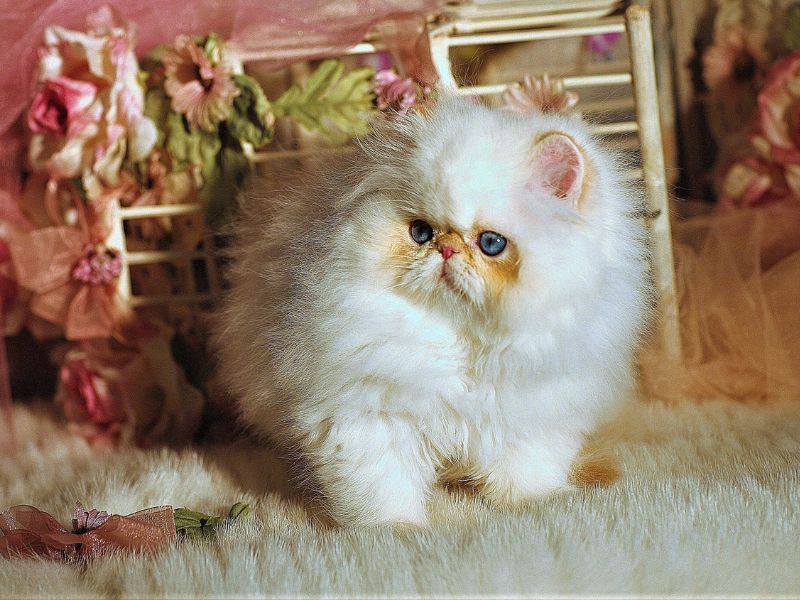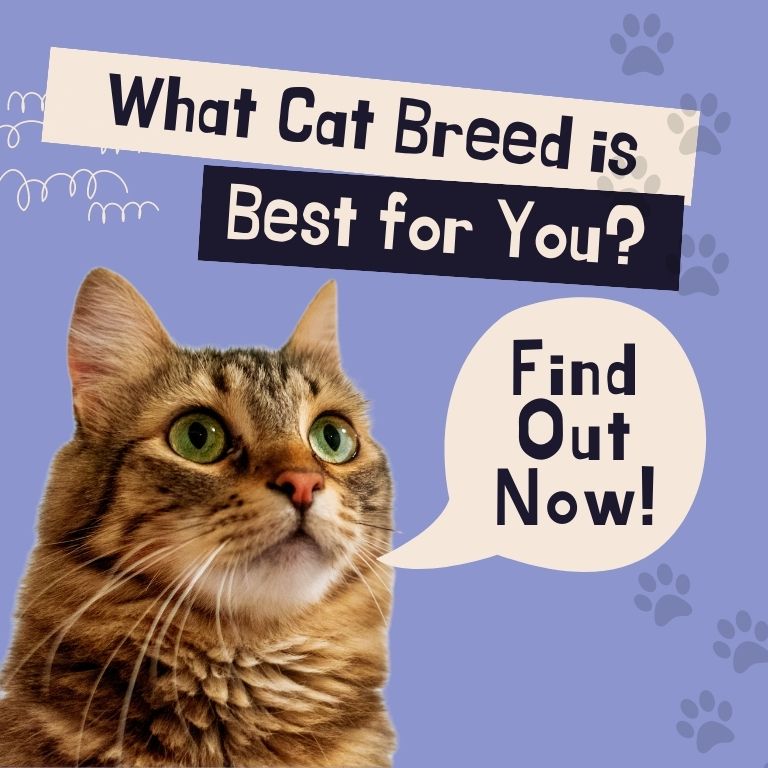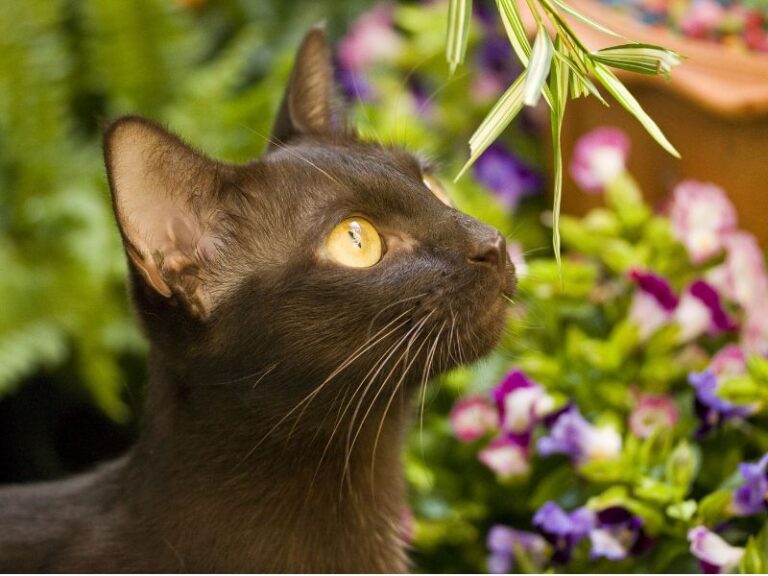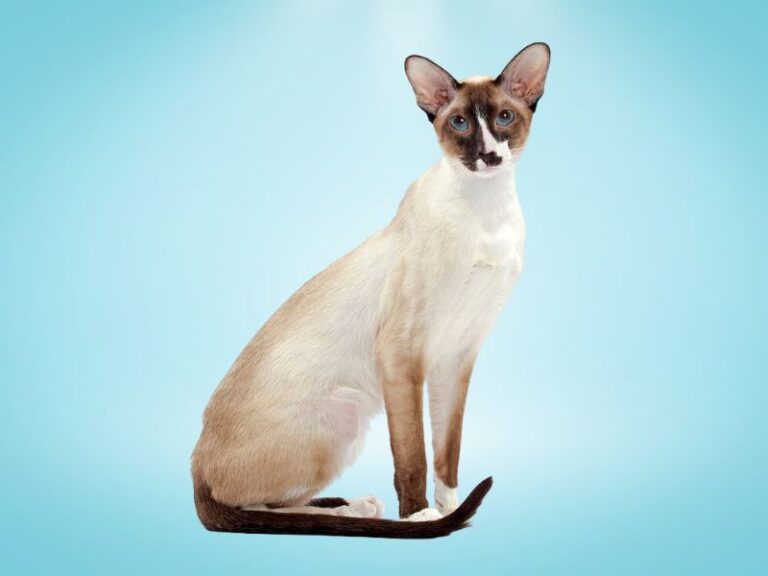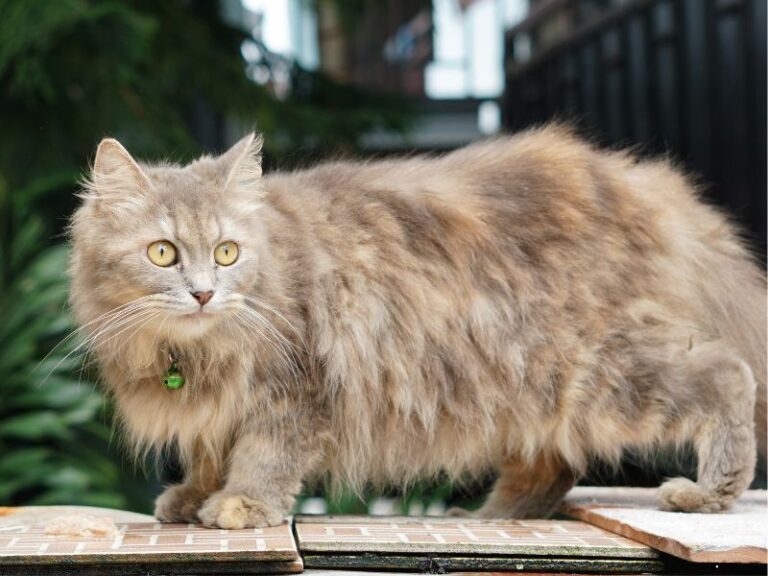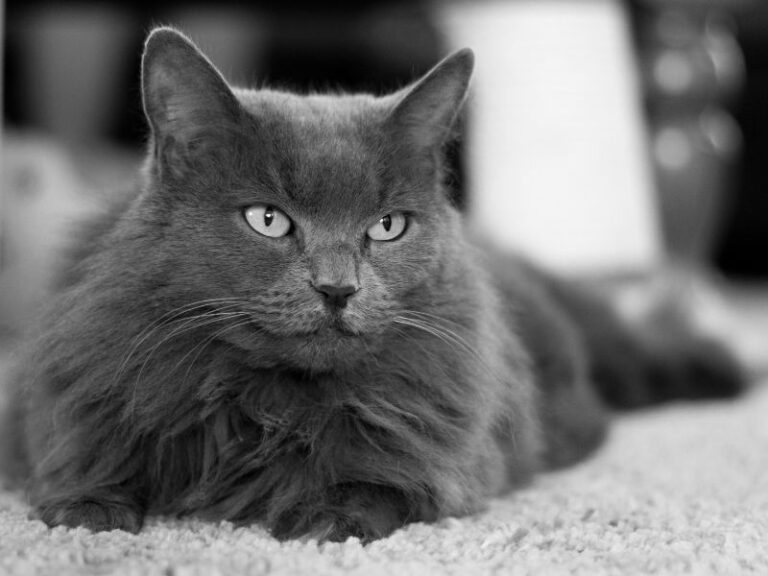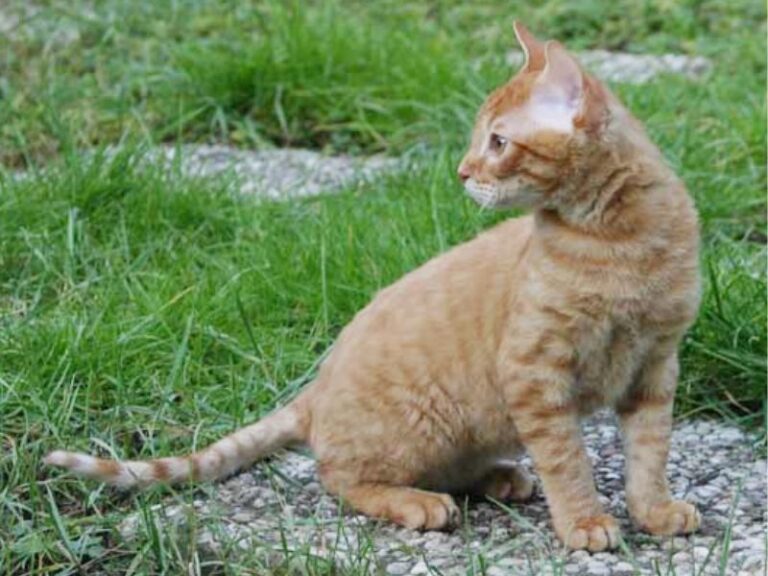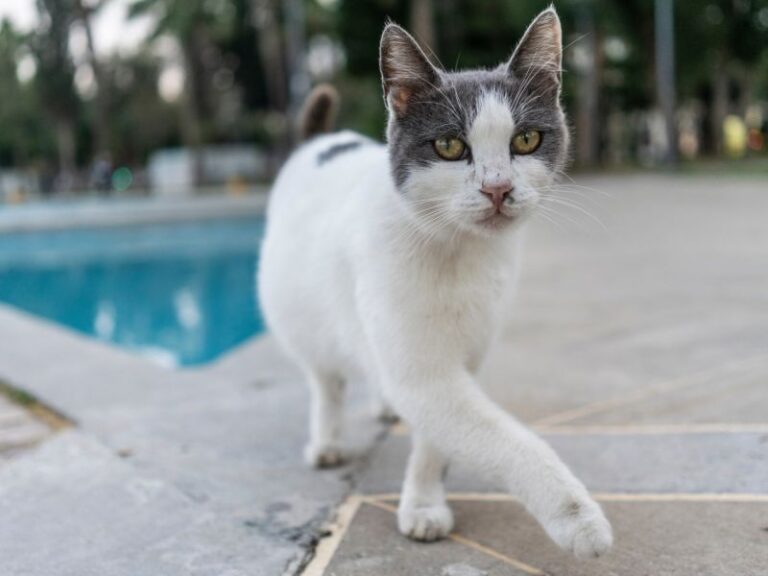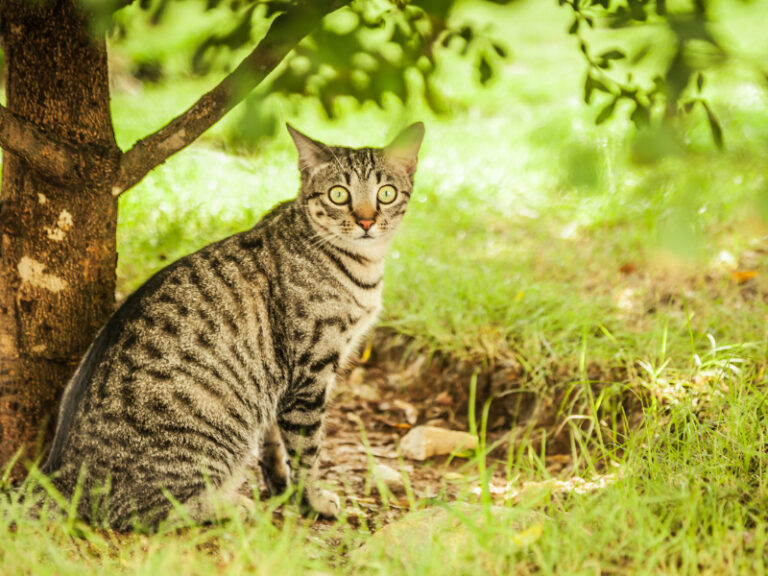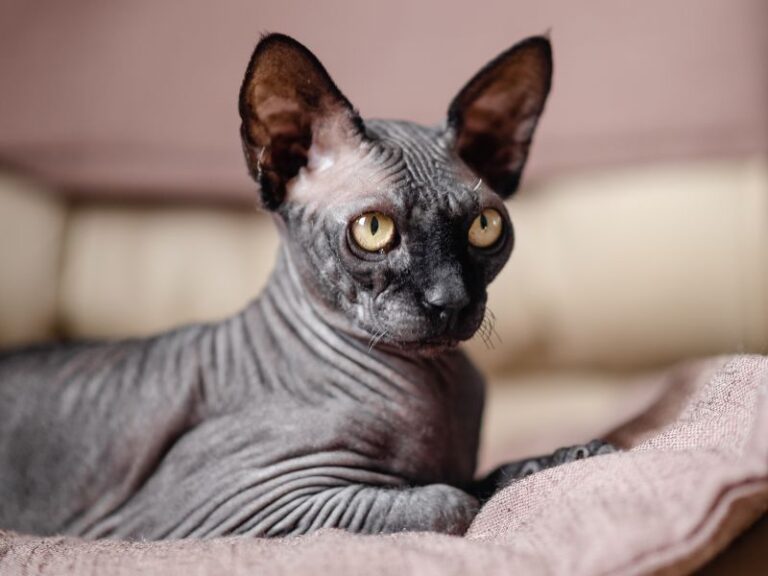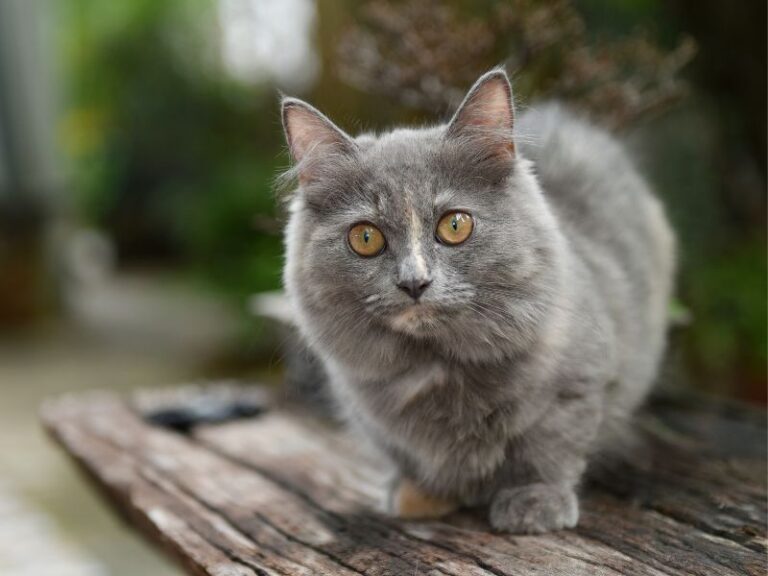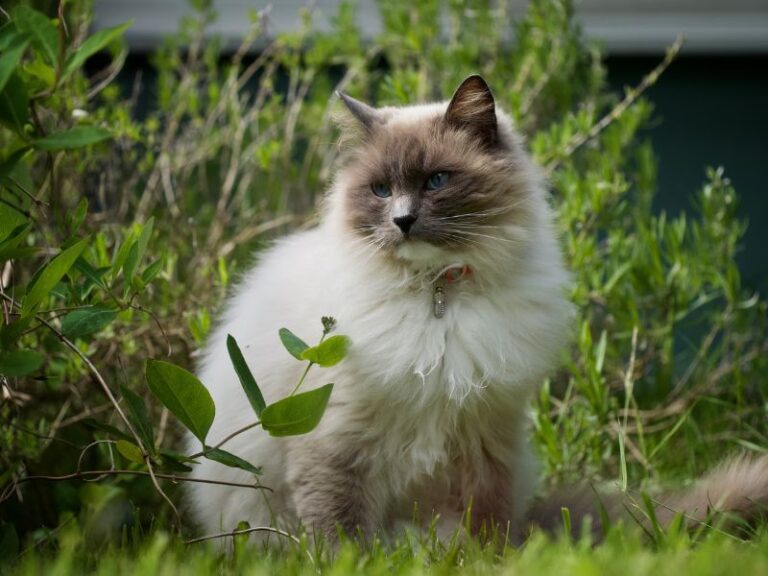Table of Contents
ToggleThe Napoleon Cat, also affectionately known as the “Napoleon” or “Minuet,” is a delightful and unique feline breed that captivates cat enthusiasts with its adorable appearance and charming personality. This relatively rare breed is a result of crossbreeding between the Munchkin and Persian cat breeds, leading to a cat with short legs and a sweet, affectionate nature. In this comprehensive guide, we will delve into the origin, physical characteristics, lifespan, temperament, and care requirements of the delightful Napoleon Cat.
Napoleon Cat Origin
The story of the Napoleon Cat begins in the early 1990s when breeder Joe Smith sought to create a new breed by crossing Munchkin cats, known for their short legs due to a naturally occurring gene mutation, with Persian cats, renowned for their long, luxurious fur and gentle temperament. This unique combination resulted in a cat with the short legs of a Munchkin and the charming face and coat of a Persian. The breed was officially recognized by The International Cat Association (TICA) in 1996 and has been gaining popularity among cat lovers ever since.
Napoleon Cat Physical Characteristics
The Napoleon Cat is a small to medium-sized feline with a sturdy and well-muscled body. Its most distinguishing feature is its short legs, which do not hinder its mobility or agility in any way. These feline companions have a rounded head with large, expressive eyes that exude an endearing sweetness. The ears are medium in size and slightly rounded at the tips, often adorned with tufts of fur, giving them a playful appearance.
One of the Napoleon Cat’s most appealing traits is its luxurious coat. The breed comes in various coat patterns and colors, including solid, tabby, bicolor, and more. Their fur can be long or short, with the long-haired Napoleons requiring regular grooming to prevent matting and tangles. The short-haired variety is relatively low-maintenance in terms of grooming.
The long-haired Napoleon Cats have soft, silky fur that flows gracefully, making them resemble tiny feline royalty. Their expressive eyes, which can be blue, green, or copper, add to their irresistible charm. On the other hand, the short-haired Napoleons boast a plush coat that accentuates their adorable round faces and inquisitive eyes.
Napoleon Cat Lifespan
With proper care and a loving home, the Napoleon Cat can live a long and healthy life. On average, these feline companions have a lifespan of 12 to 16 years, similar to other domestic cat breeds. Regular veterinary check-ups, a balanced diet, and ample exercise are essential for ensuring their well-being and longevity.
Napoleon Cat Temperament
The Napoleon Cat is renowned for its friendly, affectionate, and sociable nature. These charming felines thrive on human companionship and often form strong bonds with their owners. They are equally comfortable living in single-person households or bustling families, as long as they receive love and attention.
Napoleons are playful and enjoy interactive toys that engage their curious minds. Their intelligence and agility make them adept at learning tricks, and they often delight in showing off their new skills to captivated audiences. Despite their small stature, they exude confidence and fearlessness, which adds to their overall charm.
The engaging and affectionate temperament of the Napoleon Cat extends to their interactions with other pets, making them an excellent addition to multi-pet households. Their social nature means they get along well with children and other animals, forming loving and lasting relationships.
Napoleon Cat Care Requirements
Caring for a Napoleon Cat involves a few specific considerations to ensure their well-being and happiness. Here are some essential care requirements for this unique feline breed:
- Grooming: The grooming needs of a Napoleon Cat depend on its coat length. Long-haired Napoleons require regular brushing to prevent tangles and matting, whereas short-haired ones need less frequent grooming. Additionally, regular nail trimming and dental care are crucial for their overall health.
- Diet and Nutrition: A balanced diet is vital for the health of any cat, including the Napoleon. High-quality cat food, either commercially prepared or veterinarian-recommended, should be provided, along with fresh water at all times.
- Healthcare: Regular veterinary check-ups are essential to monitor your Napoleon Cat’s health and address any potential issues promptly. Keep up-to-date with vaccinations and preventive treatments to protect your feline friend from common diseases and parasites.
- Exercise and Play: Despite their short legs, Napoleon Cats are playful and agile. Engaging them in regular play sessions and providing interactive toys will keep them mentally stimulated and physically active.
- Litter Box Maintenance: Ensure that your Napoleon Cat has access to a clean litter box, placed in a quiet and private area. Creating a stimulating environment with scratching posts, perches, and cozy hideaways will enrich their living space and keep them content.
Final Words
In conclusion, the Napoleon Cat is a delightful and unique feline companion that captures the hearts of those fortunate enough to share their lives with these charming creatures. Their origin story, physical characteristics, lifespan, affectionate temperament, and care requirements make them a remarkable addition to any cat-loving family. Embracing the uniqueness of the Napoleon Cat and providing them with love, care, and attention will undoubtedly reward you with a lifetime of cherished memories and unwavering feline devotion. Whether they are captivating you with their playful antics or cuddling close for affection, Napoleon Cats are sure to leave a lasting paw print on your heart.
FAQ
How much grooming do Napoleon Cats require?
The grooming needs of Napoleon cats can vary depending on their coat length. Those with long fur may require more regular grooming to prevent matting, while those with short fur have more manageable grooming needs.
Are Napoleon Cats good with children and other pets?
Yes, Napoleon cats are generally good with children and other pets. Their amiable and sociable nature makes them adaptable to various living environments.
How active are Napoleon Cats?
Napoleon cats are moderately active and enjoy playtime and interactive toys. They have a curious and playful nature, making them entertaining companions.
Why is it called Napoleon cat?
The Napoleon cat is named after Napoleon Bonaparte due to its short stature, inherited from the Munchkin breed. The name is a tribute to its charming appearance, much like the historical figure.
What is the temperament of a Napoleon Cat?
Napoleon cats are known for their friendly, affectionate, and social nature. They enjoy spending time with their human family members and are often described as playful and outgoing.

